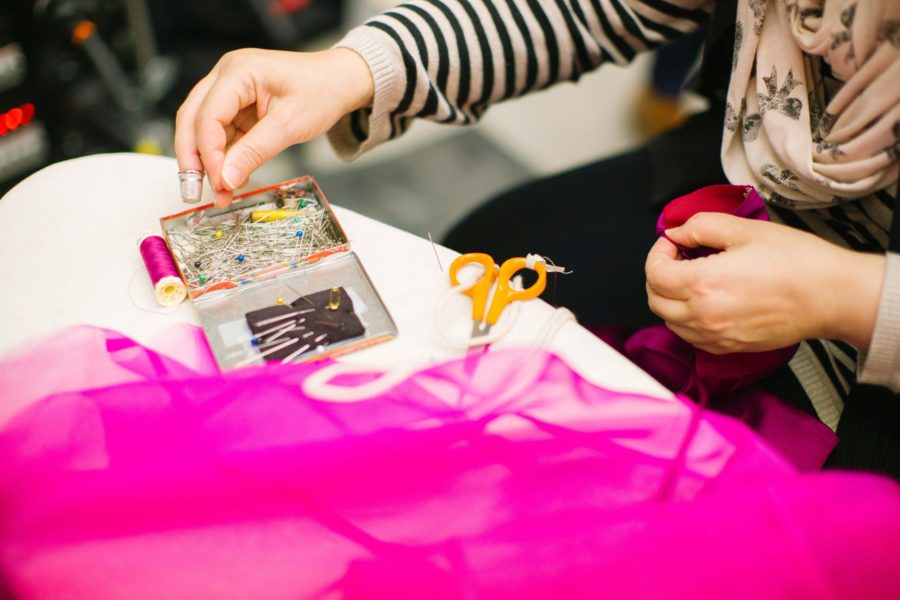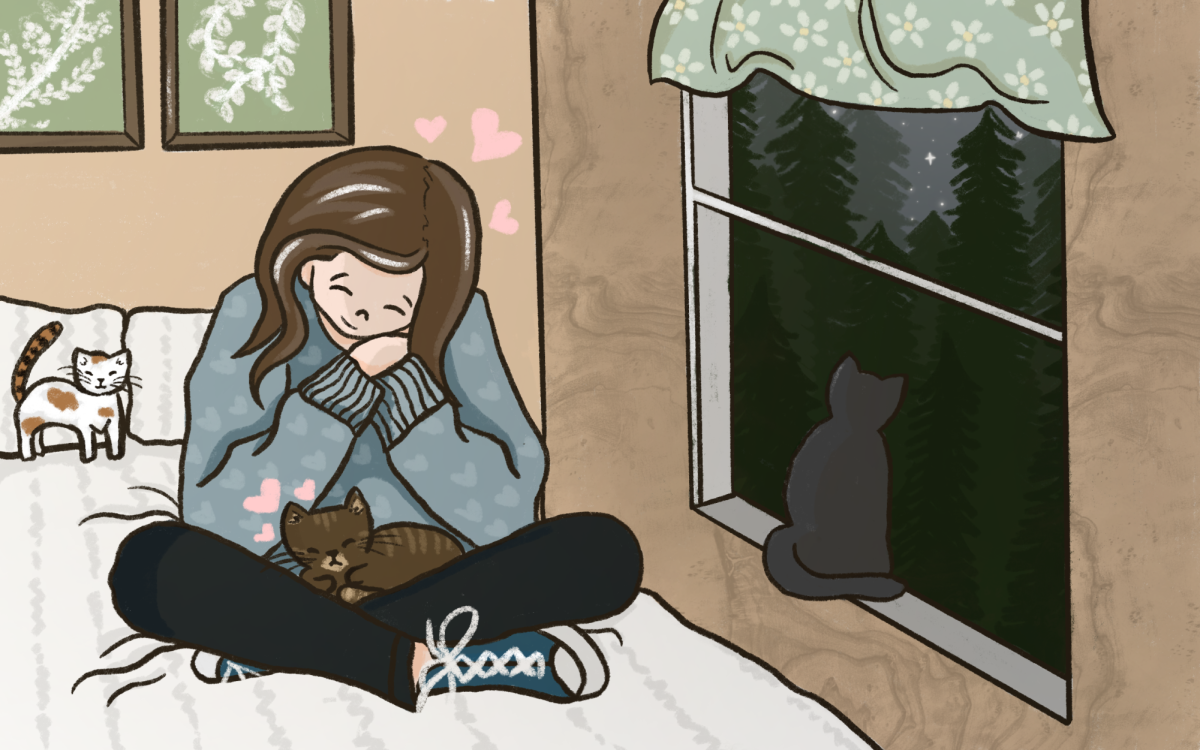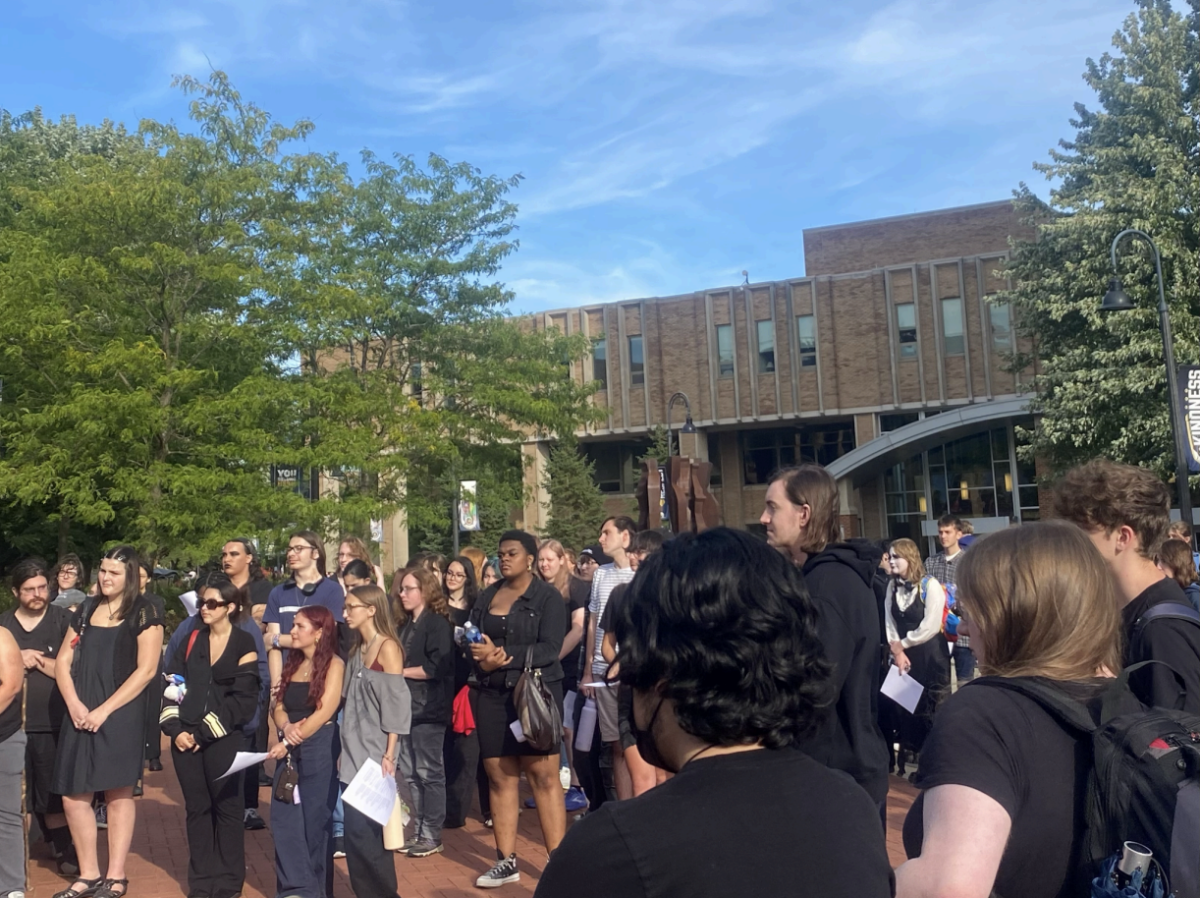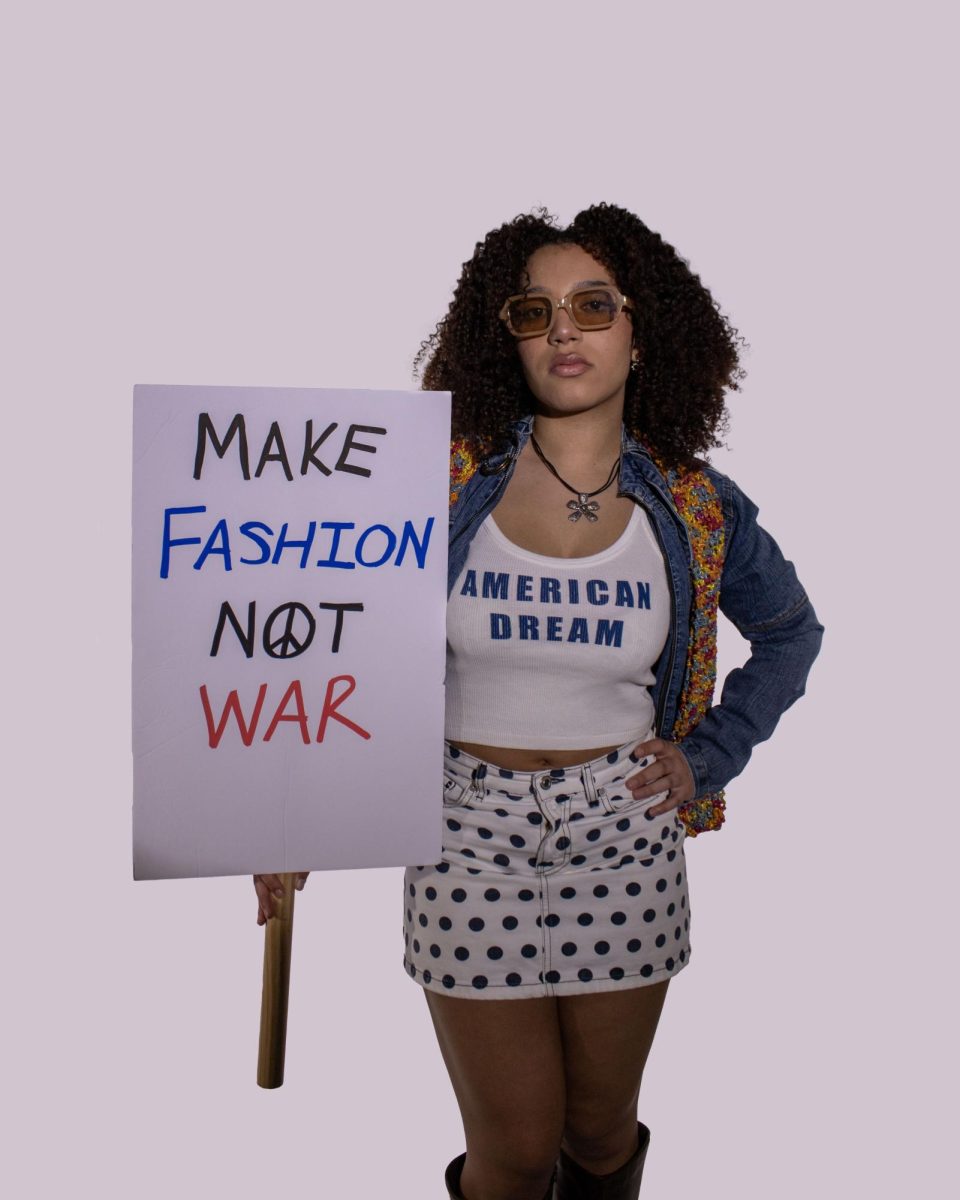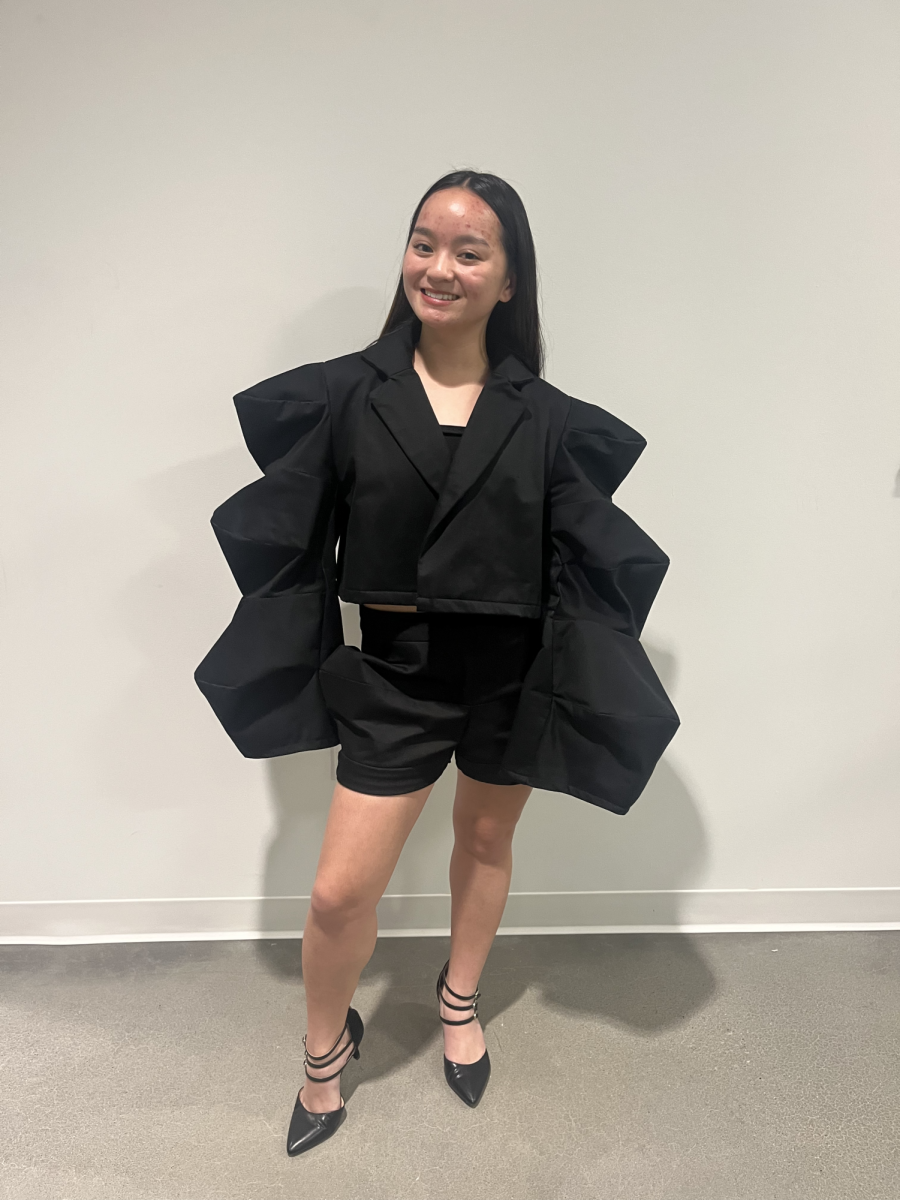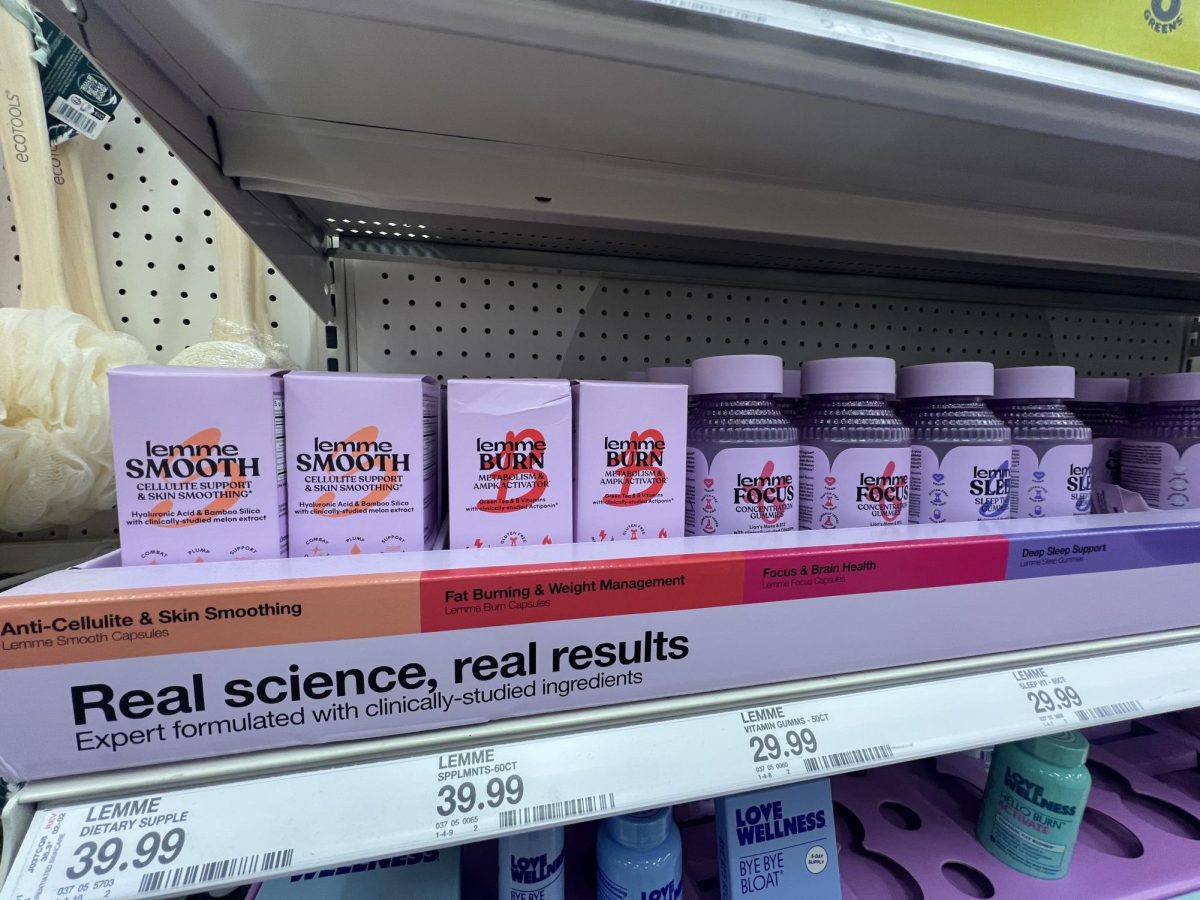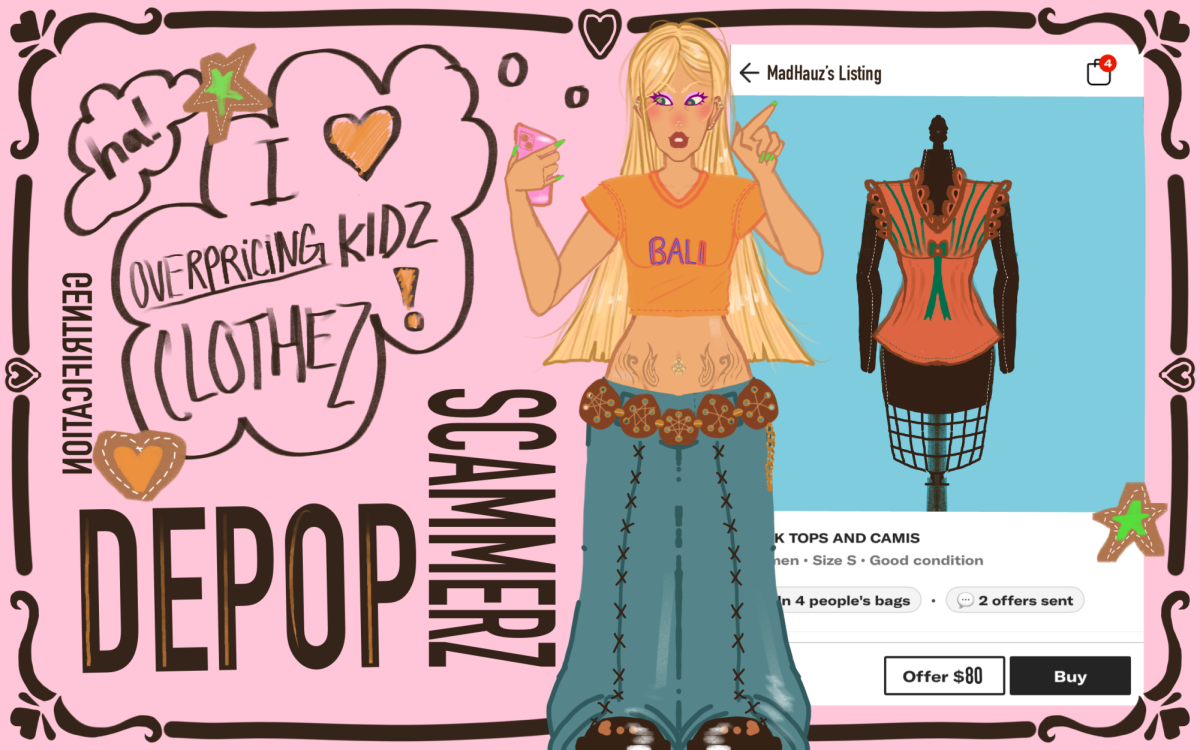The Garment Worker Protection Act in California patched its loopholes as of Monday, Sept. 27. But what does this mean and why does it matter?
The legislation, better known as SB 62, affects an estimated 45,000 garment workers who are predominantly women of color. The new Protection Act mandates an hourly pay rate instead of a piece pay rate, which is the most common pay for garment workers. A piece pay rate is when the worker is paid by garment or piece of garment they complete, typically offering extremely unethical pay rates. For example, the jacket or shirt you’re wearing might’ve earned the worker $5, but even that is reaching.
California did try to pass legislation before that centered around garment workers and the conditions, but it was not passed. SB 62 offered much clarity and resolution to the original legislation, SB1399. SB 62 involves not only the workers, but the subcontractors and manufacturers as well. Finally, this legislation holds the brands manufactured in California some accountability and shows the rest of the industry that there is much room for improvement.
Kristen Fanarakis, a Los Angeles-based business owner of fashion brand Senza Tempo, told WWD that California is setting the bar for change when it comes to a more sustainable fashion industry, specifically for garment workers and their rights.
SB 62 was supported by tons of brands, over 140 to be exact. As of June 2021, the list included MODISTE, Reformation, ocean + main and many more.
Legislation like SB 62 is hard to find, probably because it doesn’t exist in the most ethical way. The devastating Rana Plaza factory collapse in Bangladesh resulted in “the deaths of 1,100 garment workers and injured around 2,000 additional workers.” Thus was born the Bangladesh Accord, which holds workers, factory management and fashion companies accountable. This legislation focuses on building inspection standards.
Wage theft is more than relevant around the world and is not contained to third world countries. In fact, the United Kingdom had a scandal of its own. The incident was found only through a writer’s undercover reports being inside the factory. During COVID-19, the factory Jaswal Fashions offered no protection and less than 50% of the U.K.’s given minimum wage. The Times specifically names Boohoo and Nasty Gal as brands that used this specific factory. No legislation ever came from this, but there was immense pressure on Home Secretary Priti Patel. Over 50 members of Parliament, many more charities and brand name sponsors signed letters addressing the exploitation of workers in the U.K. The fashion industry is huge and so many workers within it suffer from exploitation. Besides signing petitions or donating money, there are ways to reduce your carbon footprint and take care of the Earth and those on it. Efforts include buying consciously, a capsule wardrobe, thrifting and even resale. Being aware of what you have in your closet and reusing, recycling and reducing are the first steps in an individual’s effort to the exploitation of garment workers.
Support Student Media
Hi, I’m Grace Avery, the Editor In Chief of A Magazine. My staff and I are committed to bringing you the most important and entertaining news from the realms of fashion, beauty and culture. We are full-time students and hard-working journalists. While we get support from the student media fee and earned revenue such as advertising, both of those continue to decline. Your generous gift of any amount will help enhance our student experience as we grow into working professionals. Please go here to donate to A Magazine.

